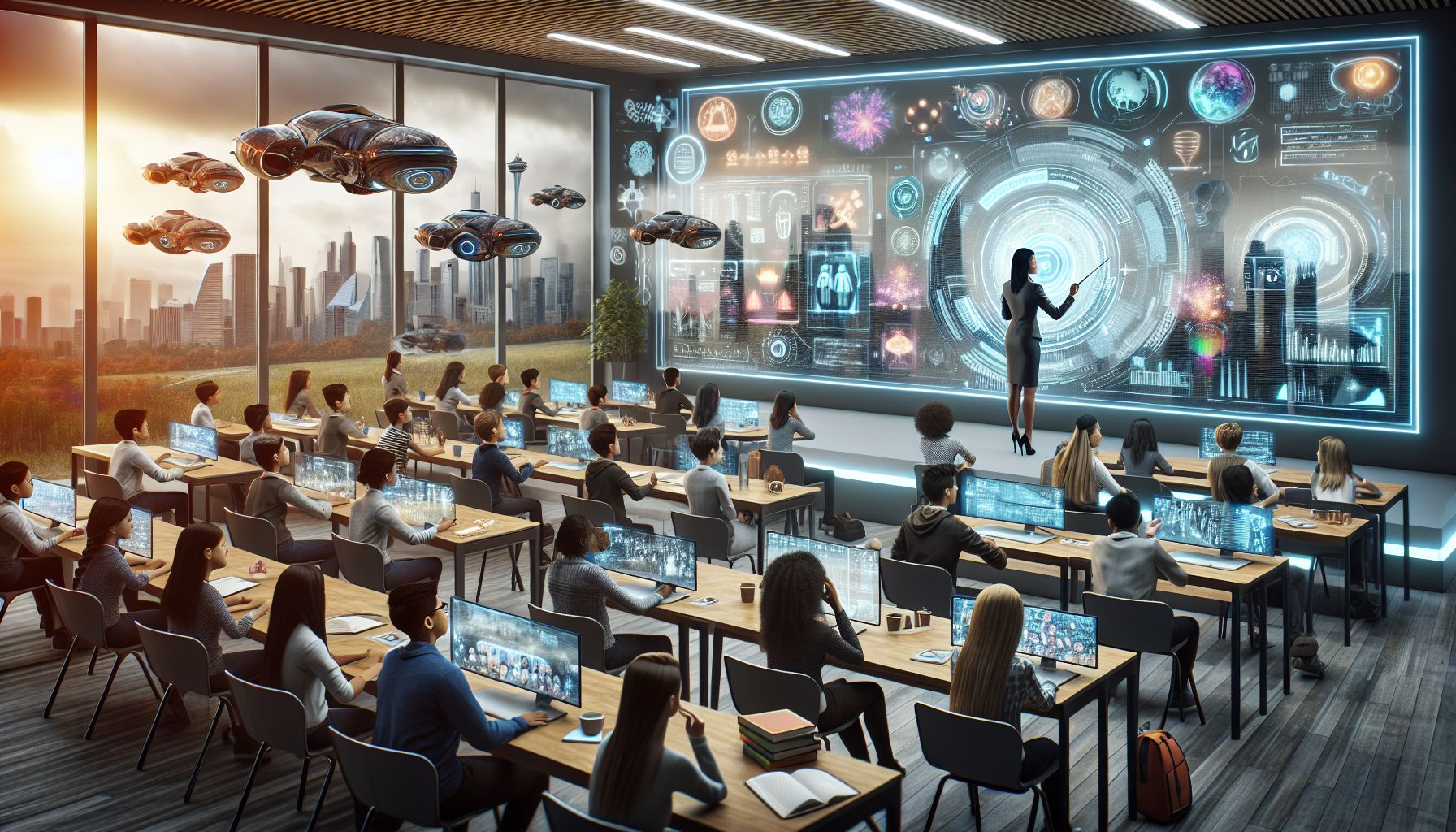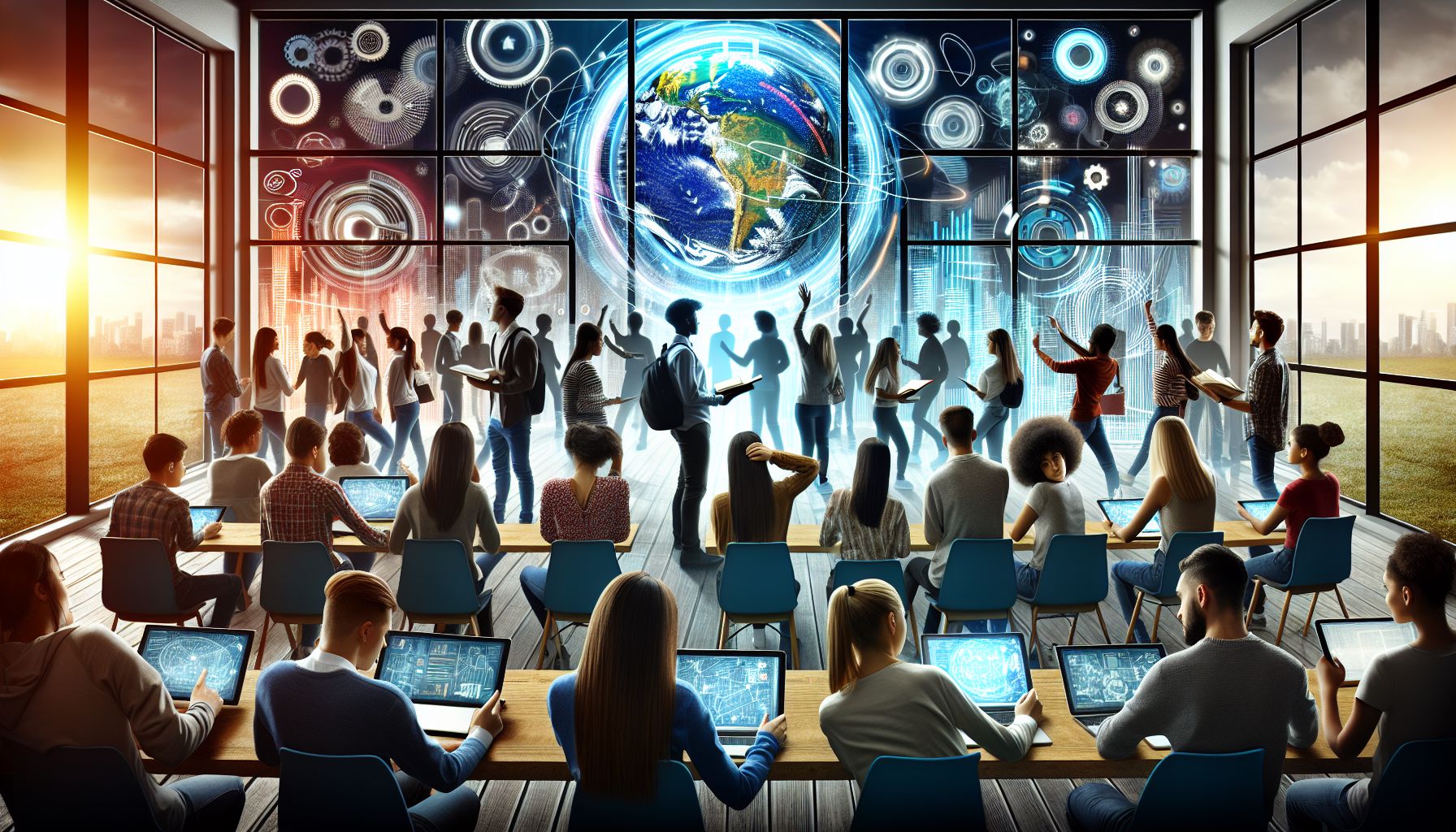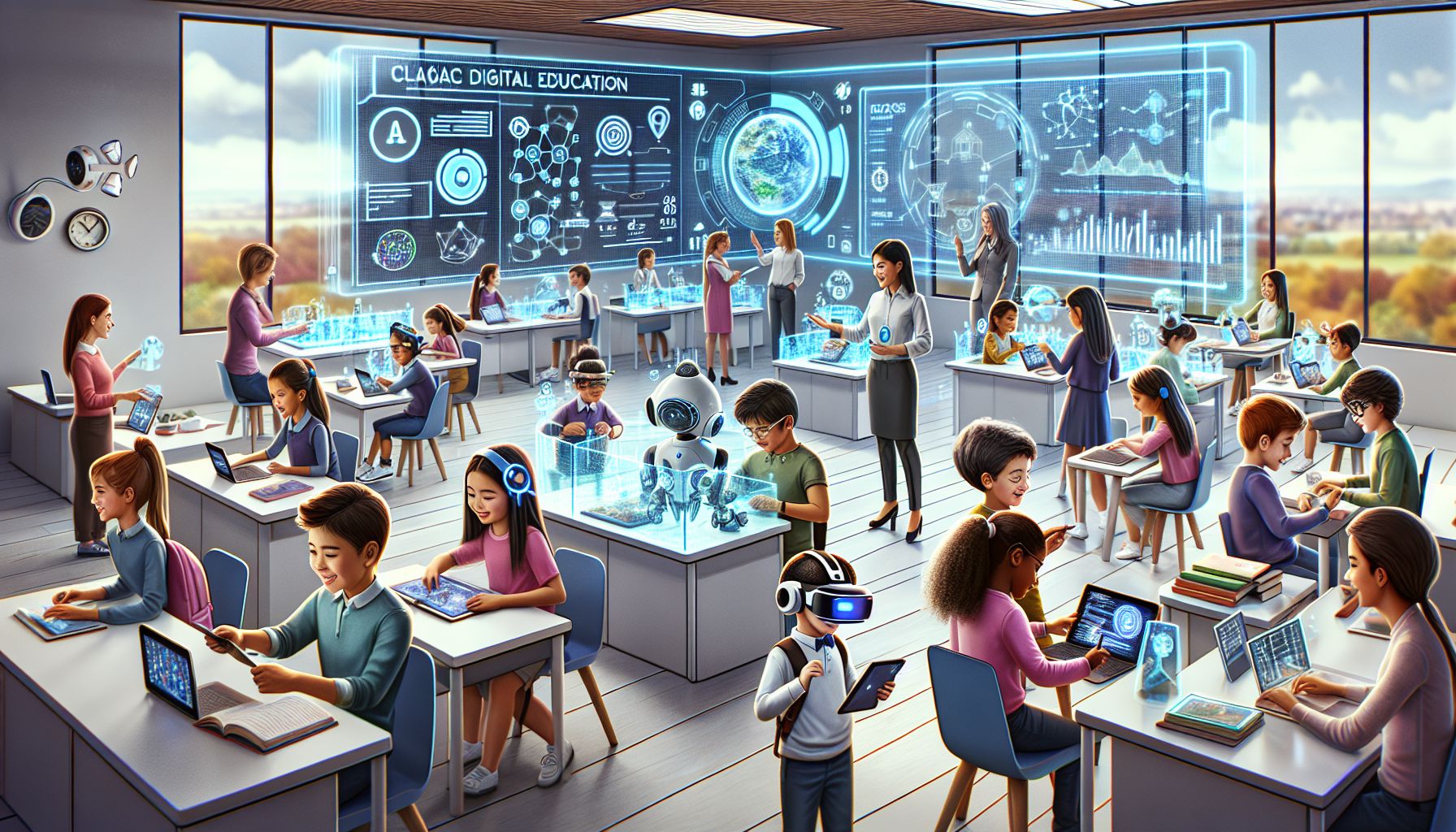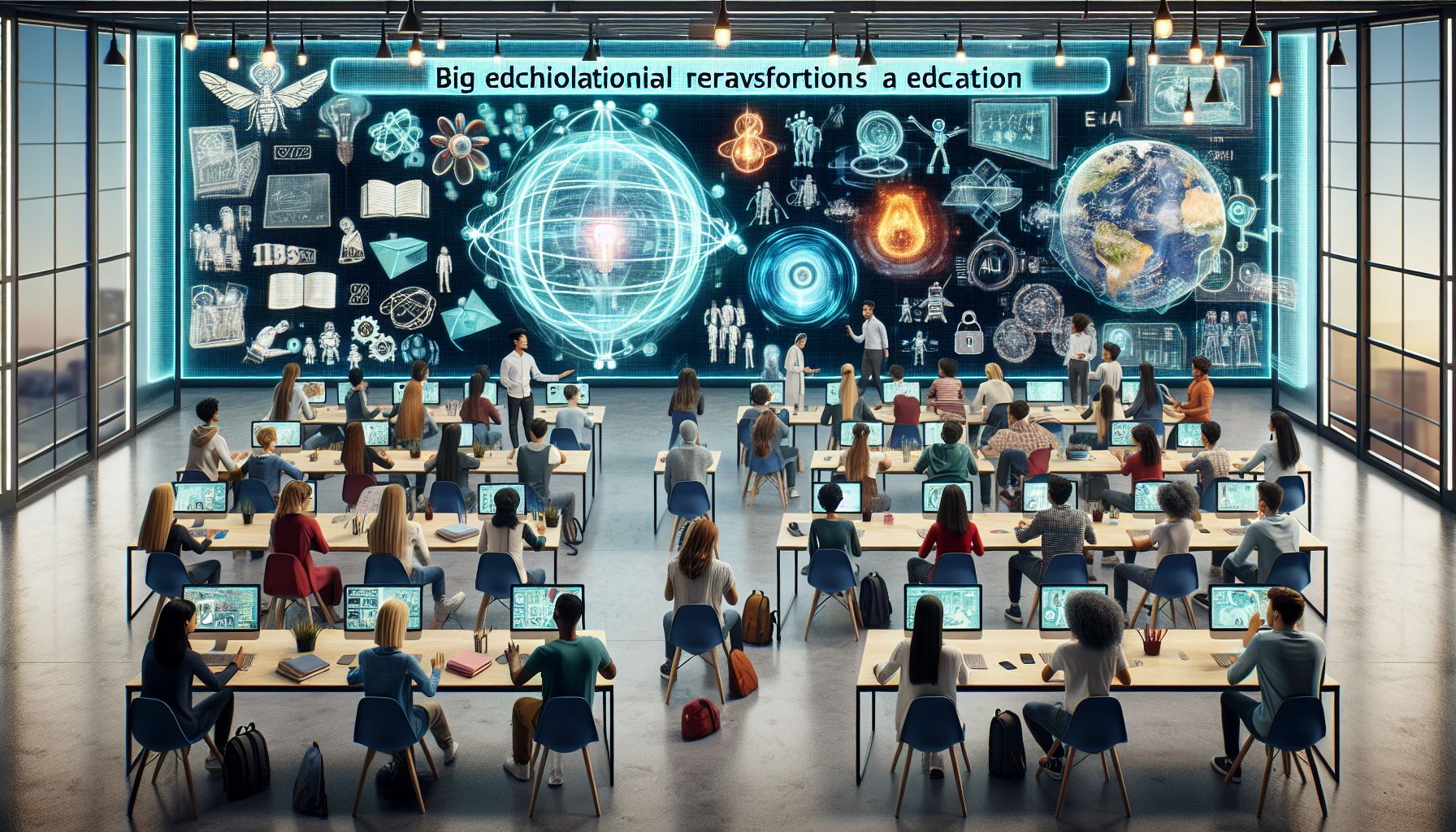In today’s rapidly evolving world, education stands at the forefront of change and innovation. With technological advancements shaping the way we learn and teach, the education sector is witnessing a profound transformation like never before. From artificial intelligence (AI) to cybersecurity and virtual reality, technology is revolutionizing the traditional education landscape, paving the way for a more immersive and engaging learning experience.
Artificial intelligence, often hailed as the future of education, is playing a pivotal role in personalizing learning for students. AI algorithms analyze data to identify individual learning styles and preferences, enabling educators to tailor their teaching methods accordingly. For example, adaptive learning platforms like Carnegie Learning and DreamBox Learning use AI to provide personalized learning paths for students based on their strengths and weaknesses, leading to improved academic outcomes.
Cybersecurity is another critical aspect of the modern education system, especially as schools and universities increasingly rely on digital tools and platforms. With the rise of cyber threats targeting educational institutions, cybersecurity measures have become essential to protect sensitive student data and ensure the smooth functioning of online learning environments. Institutions like the University of Maryland Global Campus have implemented robust cybersecurity protocols to safeguard student information and prevent data breaches.
Virtual reality (VR) technology is revolutionizing the way students learn by creating immersive and interactive experiences. VR simulations allow students to explore complex concepts in a realistic virtual environment, making learning more engaging and memorable. Institutions like Stanford University are leveraging VR for medical training, enabling students to practice surgical procedures in a safe and controlled setting before entering the operating room.
As we look towards the future, the education sector is poised for further technological advancements that will continue to shape the way we learn and teach. The integration of AI into educational tools and platforms is expected to further personalize learning experiences, making education more adaptive and inclusive. Moreover, the adoption of blockchain technology in academic credentialing is set to revolutionize the way student achievements are verified and recognized, ensuring greater transparency and security in the credentials verification process.
In conclusion, technological breakthroughs are reshaping the future of education, offering new opportunities for innovation and improvement. As educators and institutions embrace these advancements, we can expect to see a more dynamic and student-centric approach to learning that prepares students for success in the digital age. The journey towards a more technologically advanced educational landscape is just beginning, and the possibilities for transformative change are endless.



